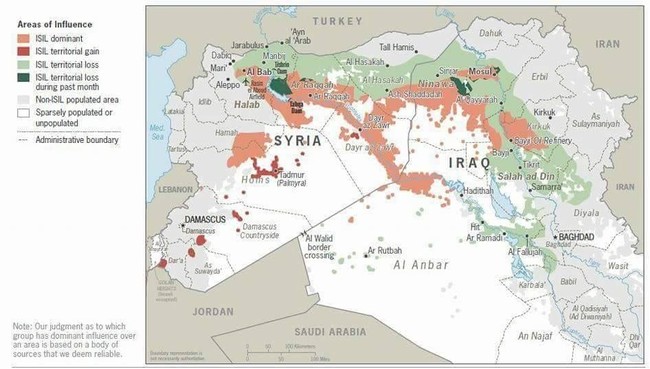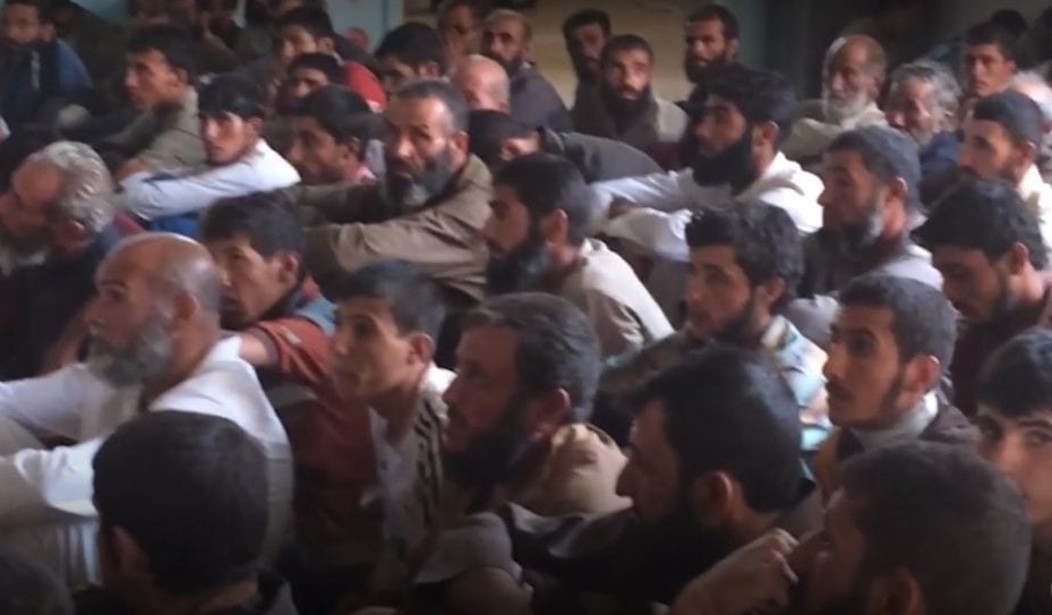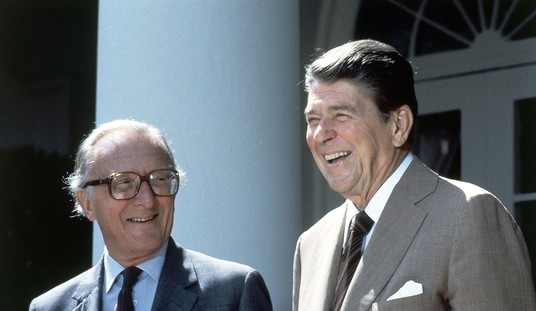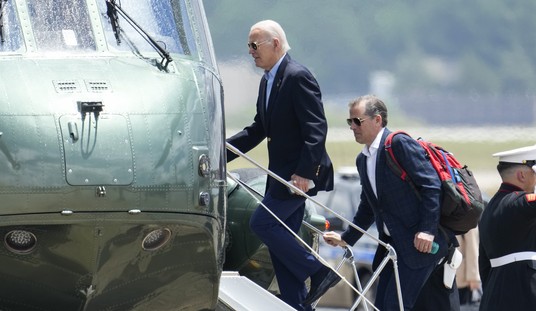
Napoleon said, “In war, moral power is to physical as three parts out of four.” The meaning being that manpower and materiel account for much less than unit esprit and cohesion and the will of the commander to win. That is as true today as it was two centuries ago.
ISIS was always a brittle force. It was apocalyptic in nature and driven by force of personality rather than by any identifiable doctrine. Because of its apocalyptic nature, minor setbacks had a significant effect on morale. Even before President Trump was inaugurated the territory controlled by ISIS was shrinking.

Since the US military command, rather than the clown car that was the Obama national security council, has started calling the shots, the situation has become more dire. Around April, an exodus of foreign fighters began:
Officials in Turkey and Europe say an increasing number of Isis operatives who have joined the group since 2013 have contacted their embassies looking to return. Other, more ideologically committed members are thought to be intent on using the exodus to infiltrate Turkey and then travel onwards to Europe to seek vengeance for the crumbling caliphate, raising renewed fears of strikes on the continent.
Among them, western intelligence agencies believe, are prominent members of the group’s external operations arm, who joined Isis from numerous European countries including Britain, France and Belgium, as well as Australia. At least 250 ideologically driven foreigners are thought to have been smuggled to Europe from late 2014 until mid-2016, with nearly all travelling through Turkey after crossing a now rigidly enforced border.
Now a full blown dissolution is underway. Via The New York Times:
More than a thousand Islamic State fighters passed through that room this past week after they fled their crumbling Iraqi stronghold of Hawija. Instead of the martyrdom they had boasted was their only acceptable fate, they had voluntarily ended up here in the interrogation center of the Kurdish authorities in northern Iraq.
For an extremist group that has made its reputation on its ferociousness, with fighters who would always choose suicide over surrender, the fall of Hawija has been a notable turning point. The group has suffered a string of humiliating defeats in Iraq and Syria, but the number of its shock troops who turned themselves in to Kurdish officials at the center in Dibis was unusually large, more than 1,000 since last Sunday.
The fight for Mosul, Iraq’s second-largest city, took nine months, and by comparison, relatively few Islamic State fighters surrendered. Tal Afar fell next, and more quickly, in only 11 days. Some 500 fighters surrendered there.
The Iraqi military ousted the Islamic State, also known as ISIS and ISIL, from Hawija in 15 days, saying it had taken its forces only three days of actual heavy fighting before most of the extremists grabbed their families and ran. According to Kurdish officials, they put up no fight at all, other than planting bombs and booby traps.
Note, also, that they are surrendering to the US-backed Arab-Kurd Syrian Democratic Army because they know what will happen if they surrender to the Iranian militias.
This rout shows that no one really believes the ISIS eschatology any more, no one believes they are going to win. The guys in the trenches are looking about for the exits and the guys in command are looking for the next flight to Europe so they can enjoy their Swiss bank accounts.













Join the conversation as a VIP Member